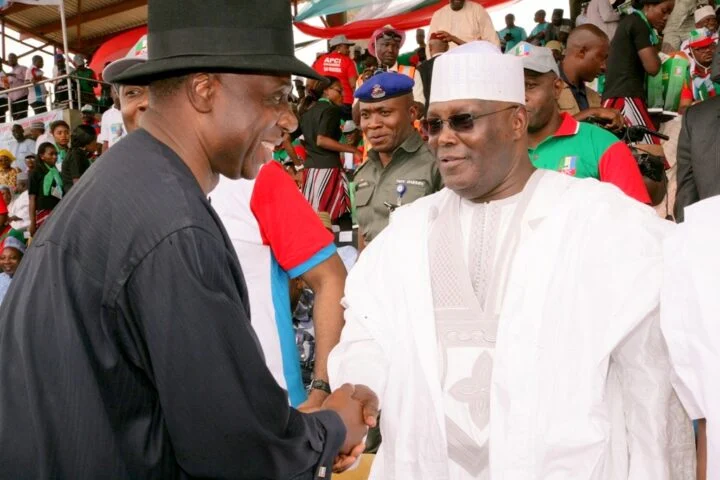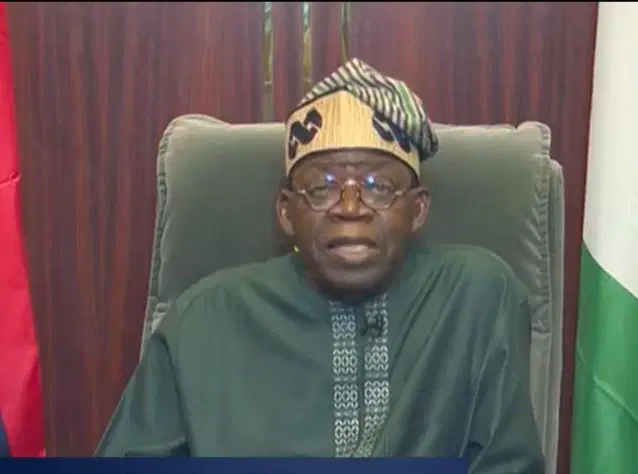Tinubu signs executive order to boost oil sector efficiency, investments
From Juliana Taiwo-Obalonye, Abuja
According to a statement issued by Senan Murray, Office of the Special Adviser to the President on Energy, the newly introduced Upstream Petroleum Operations Cost Efficiency Incentives Order (2025), establishes a performance-based tax incentive framework. Under this scheme, oil and gas operators who achieve measurable cost savings against benchmarks set annually by the Nigerian Upstream Petroleum Regulatory Commission (NUPRC) will be rewarded with significant fiscal benefits.
The benchmarks will be tailored to different operating environments -onshore, shallow water, and deep offshore, ensuring realistic and fair targets. Operators who surpass these targets will receive a share of the government’s incremental gains, with 50 per cent of the additional revenue generated from their efficiency improvements returned to them. However, tax credits are capped at 20 per cent of a company’s yearly tax liability to safeguard national revenues. President Tinubu stressed that the strategic importance of the policy, stating: “Our goal is to create an oil and gas sector that is not only profitable, but also sustainable and competitive on the global stage. Nigeria is committed to fostering an environment where efficiency is rewarded, and every barrel produced contributes meaningfully to our nation’s prosperity.”
To oversee the policy’s rollout, the president tasked the Special Adviser on Energy, Olu Verheijen to coordinate efforts across government agencies, ensuring that the reform translates into tangible improvements on the ground.
Verheijen highlighted the broader vision behind the reform: “This is more than just cutting costs, it’s about transforming Nigeria’s upstream oil sector into a model of fiscal discipline and global competitiveness.”











